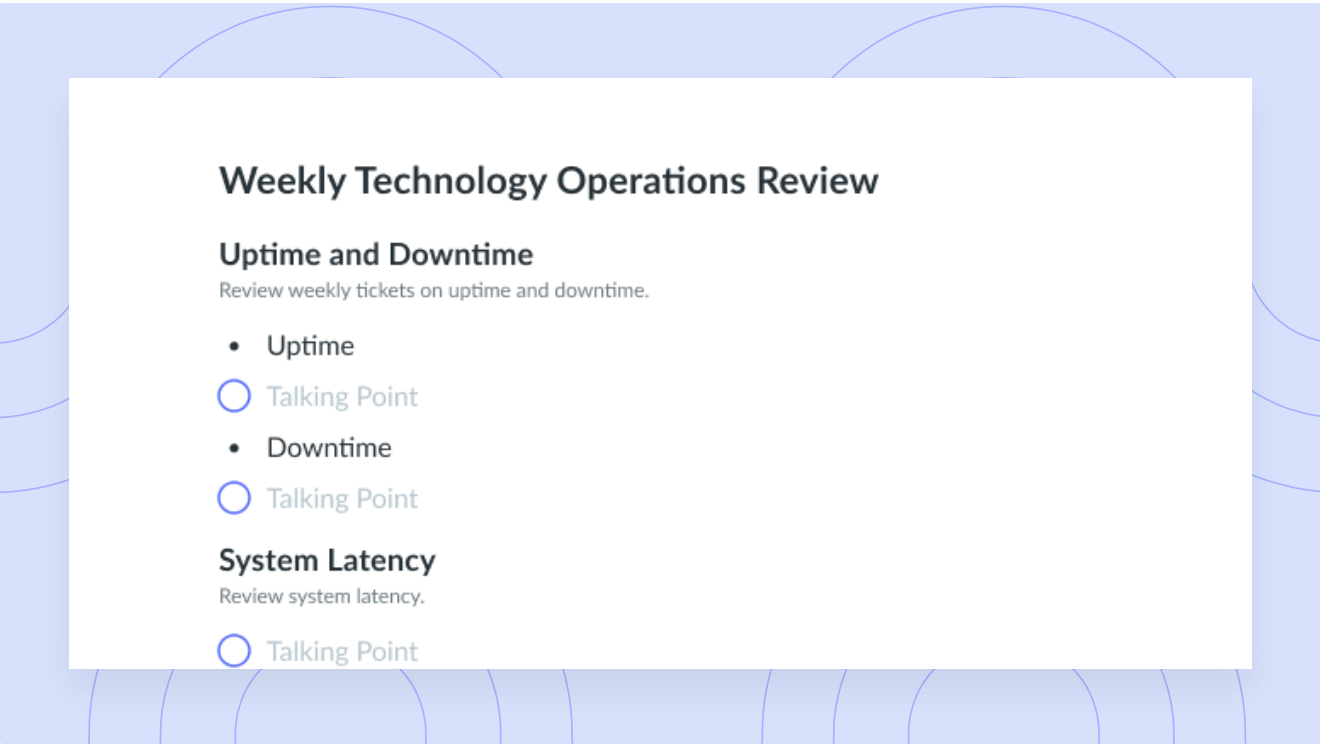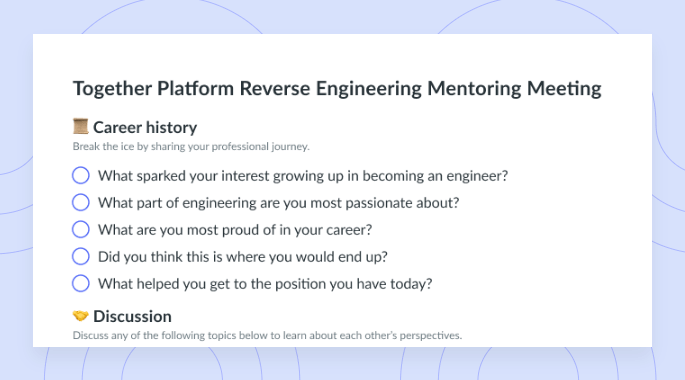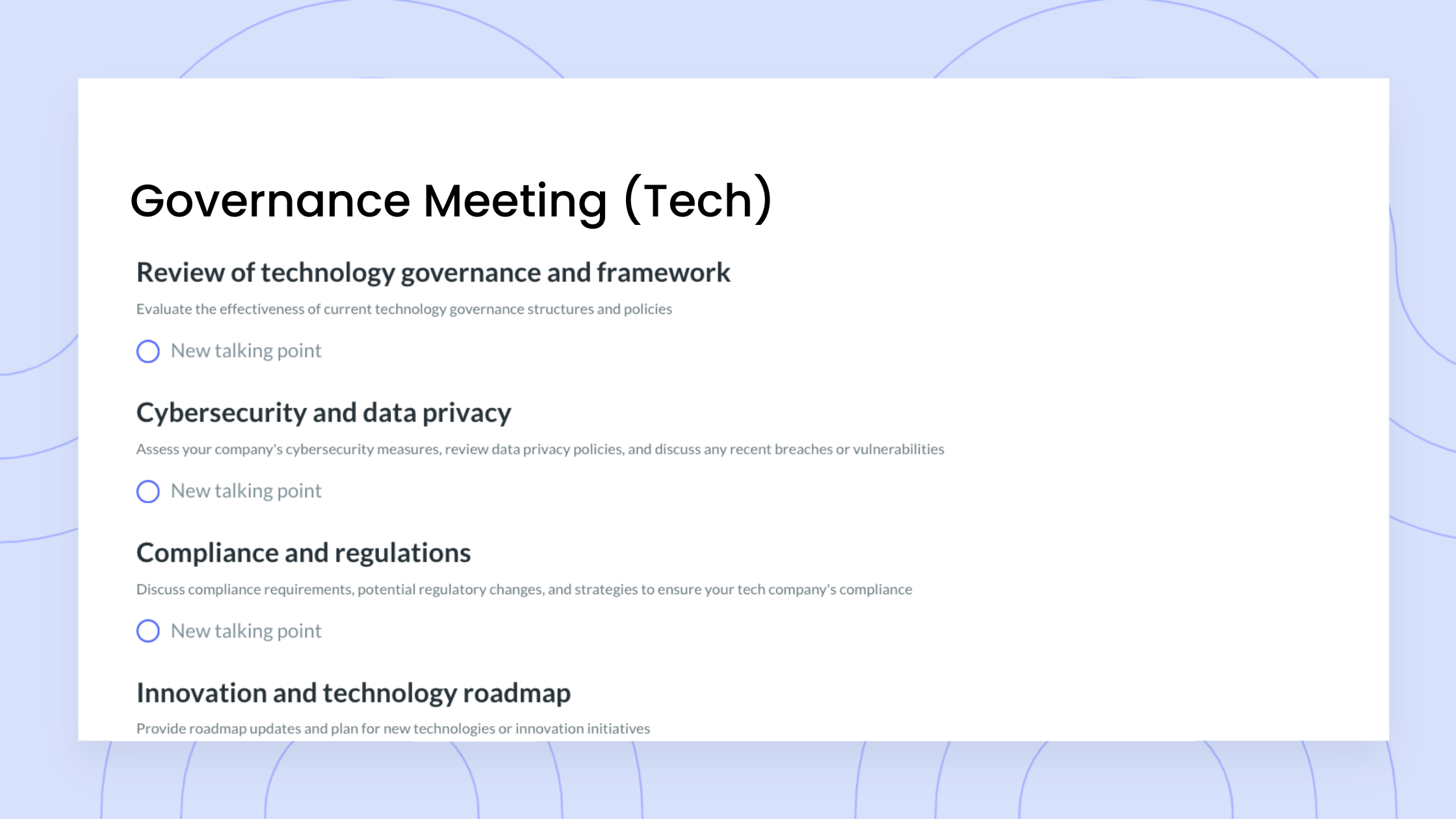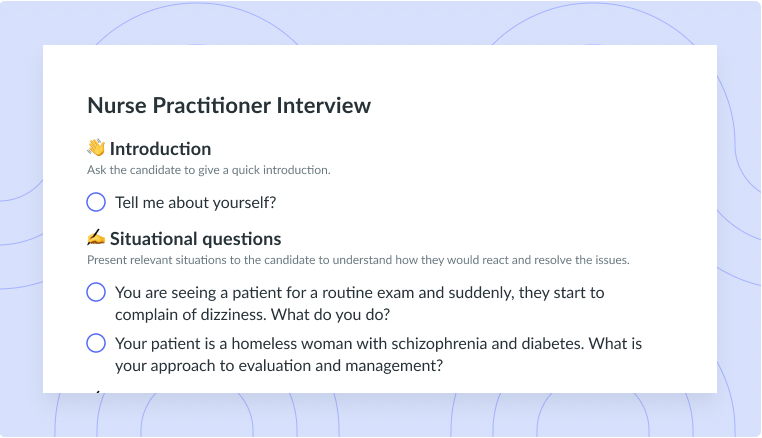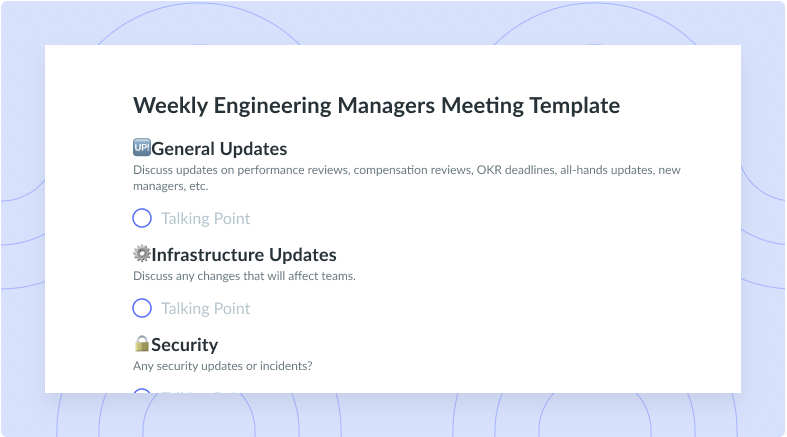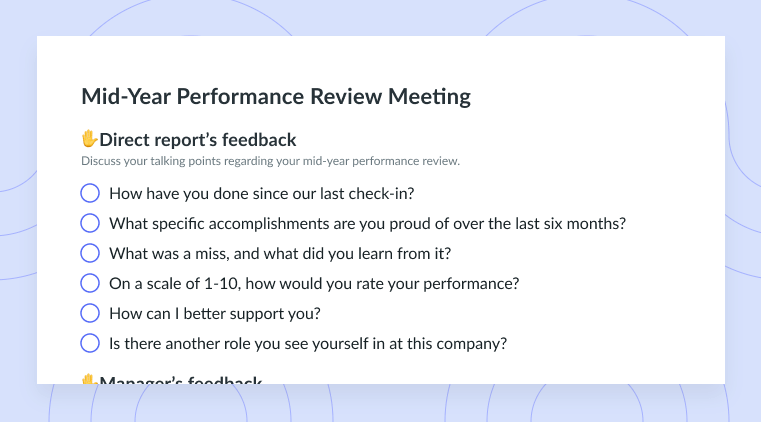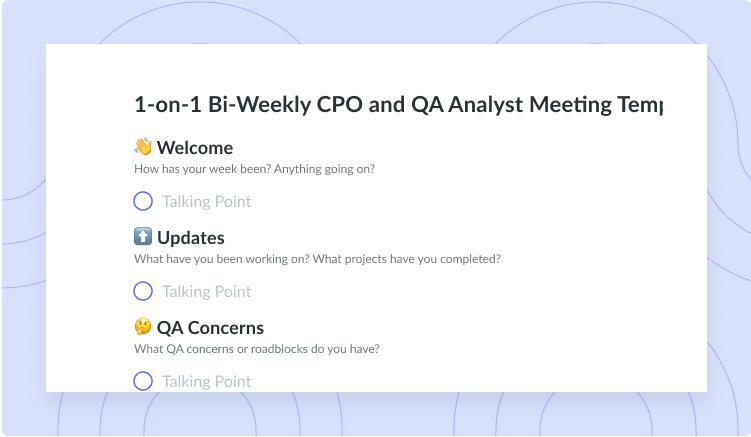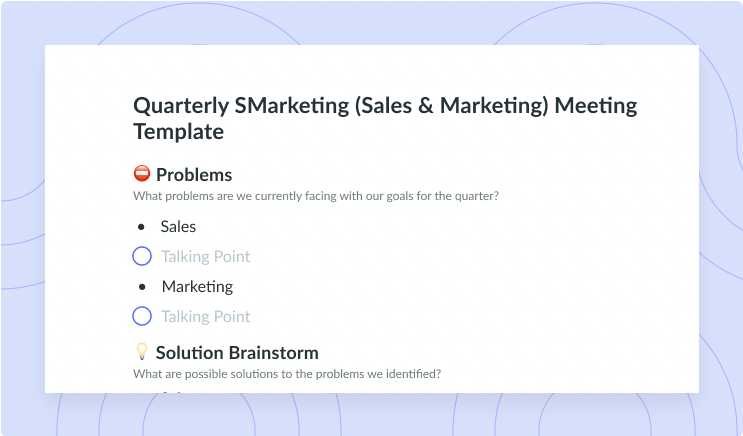What Is Cyber Security Engineering, and Why Is It Necessary?
Learn all about Cyber Security Engineering, including cyber security engineer job responsibilities and skills.
Cybersecurity is no longer a nice-to-have – it’s something every organization needs to consider. A 2021 Check Point report on organizational cybersecurity found that, by the end of the year, some organizations were experiencing 925 cyber attacks per week. This figure is just an average – some organizations, like education, experienced 1,605 weekly cyber attacks. In any case, attacks were up a whopping 50% on average from 2020.
You can protect your organization through cybersecurity engineering, but what is cybersecurity engineering? How can you make it part of your organization’s day-to-day? Or, if you’re looking for jobs, would cybersecurity engineering be right for you, and how can you get into it? The answers to these questions and more are below.
- What is cybersecurity engineering?
- Cybersecurity engineer job responsibilities
- What hard skills does a cybersecurity engineer need?
- What soft skills does a cybersecurity engineer need?
- Cybersecurity job opportunities
- Should you become a cybersecurity engineer?
What is cybersecurity engineering?
Cybersecurity engineering is all about safeguarding organizations from software vulnerabilities and threats. It starts with, first, finding these problem areas. It then continues with designing and implementing security systems to minimize the chance of threat actors accessing the software. (“Threat actors” is cybersecurity jargon for hackers and the like.) An organization’s cybersecurity engineers do this all alongside systems engineers and other team members who work in information technology (IT).

Build a culture of effective meetings with your engineering team
Level up your engineering meeting habits to boost engagement and productivity with a collaborative meeting agenda. Try a tool like Fellow!
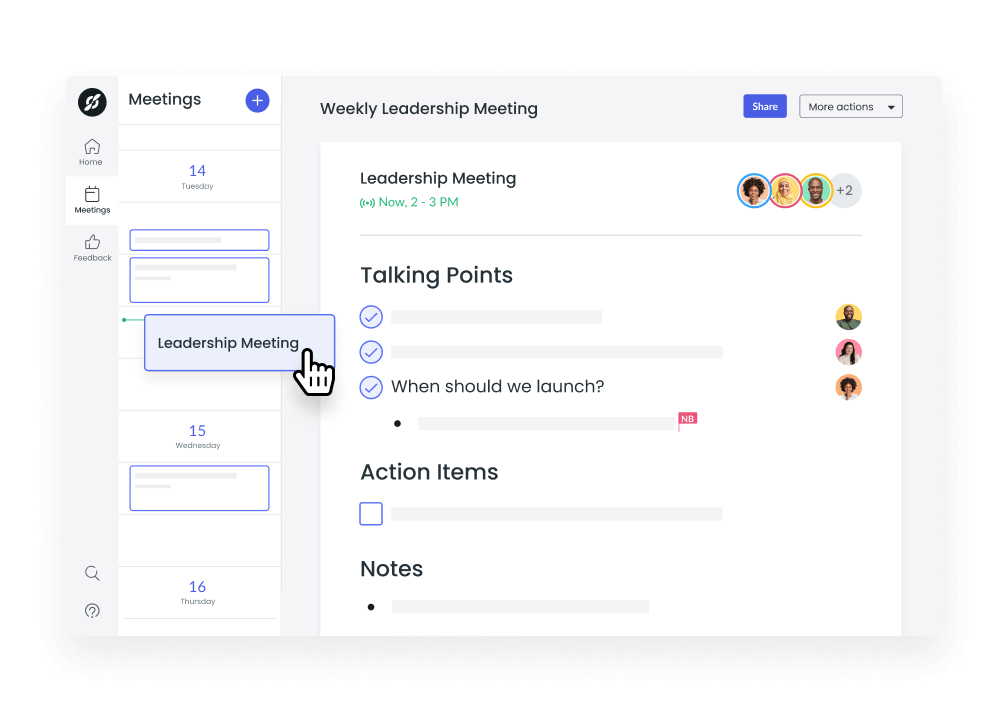
Cybersecurity engineer job responsibilities
Cybersecurity jobs typically involve the following.
- Cybersecurity management
- Troubleshooting
- Cyber attack response
- Security controls
- Change management
- Testing cybersecurity systems
- Communication and administrative tasks
1Cybersecurity management
Any cybersecurity career will involve designing, launching, managing and upgrading an organization’s cybersecurity infrastructure. Building defenses around the organization’s networks, systems, and data that threat actors might struggle to get past is the goal here.
2Troubleshooting
Cybersecurity professionals also step in when networks or security measures are glitching or failing. They figure out what’s wrong, and then they fix it – ideally, for good.
3Cyber attack response
Verizon has found that 61% of organizations experienced cyber attacks in 2022. Cybersecurity engineers are the first line of defense when these data breaches occur. They figure out how to patch up any holes in the fence they’ve built around the company’s systems.
4Security controls
Sure, even the best network security measures can’t fully prevent cyber attacks, but they can minimize them. That’s why cybersecurity engineers implement and maintain the highest-quality possible information systems security controls – it’s how they stop most threat actors in their tracks.
5Change management
Computer technology is constantly growing and changing, so an organization’s cybersecurity measures should too. Cybersecurity engineers get super hands-on with managing these changes.
6Testing cybersecurity systems
The best way for organizations to know whether they’re as safe as possible from cyber attacks is to experience cyber attacks. But instead of waiting for a threat actor to do something crazy, cybersecurity engineers will run fake cyber attacks through skills such as penetration testing. This test will show just how far threat actors could get into an organization’s secure systems and pinpoint areas where it’s time for a change. Cybersecurity engineers will make these changes.
7Communication and administrative tasks
Alongside their super technical, complex work, cybersecurity engineers have plenty of everyday tasks and responsibilities. Daily administrative work, reporting, and effective communication with other teams are all key to top-notch cybersecurity engineering.
What hard skills does a cybersecurity engineer need?
Cybersecurity engineers looking for new job opportunities should bring the below hard skills to the table.
- Knowledge of cybersecurity methodologies.
- Programming languages such as Python, C++, PowerShell, and Java.
- Knowledge of the OSI model and renowned services and ports.
- Familiarity with current and emerging cybersecurity trends and threats.
- Identifying the security vulnerabilities that a system change could introduce, and figuring out how to improve these changes.
- TCP/IP stack networking experience.
- Incident detection, forensics, and response.
- Firewall maintenance and functionality.
- Office 365 Security, endpoint security, and VSX.
What soft skills does a cybersecurity engineer need?
Cybersecurity engineers should couple their hard skills with the below soft skills.
1Problem-solving
What is cybersecurity engineering if not problem-solving? After all, finding cybersecurity vulnerabilities and figuring out how to fix them is basically pinpointing issues and then overcoming them. A strong problem-solver will likely thrive as a cybersecurity engineer.
2Math skills
Cybersecurity risk often comes down to numbers – the product of threats and vulnerabilities, or of probability and loss. It can also involve binary math (using zeros and ones to run computer operations). Plus, coding – key to any computer engineering job – is all about basic math.
3Analytics
Cybersecurity engineers work with all kinds of metrics that show how well an organization’s security measures are performing. They’ll need to analyze these metrics to know what their next steps should be for protecting the organization.
4Communication
Communication is important on any team, even those with team members who might spend as much time with technology as with people. Cross-functional collaboration remains key for cybersecurity engineers, so they should be great at clearly and simply explaining concepts. This should be true both in writing and in conversation.
5Note-taking
Cybersecurity engineers should write out all the steps they take to ensure there are secure connections in an organization’s networks. This way, other people who aren’t cybersecurity experts can follow along.
Great note-taking skills are a huge plus for any cybersecurity engineer. With Fellow, taking clear notes that the whole team can share is easier than ever before.
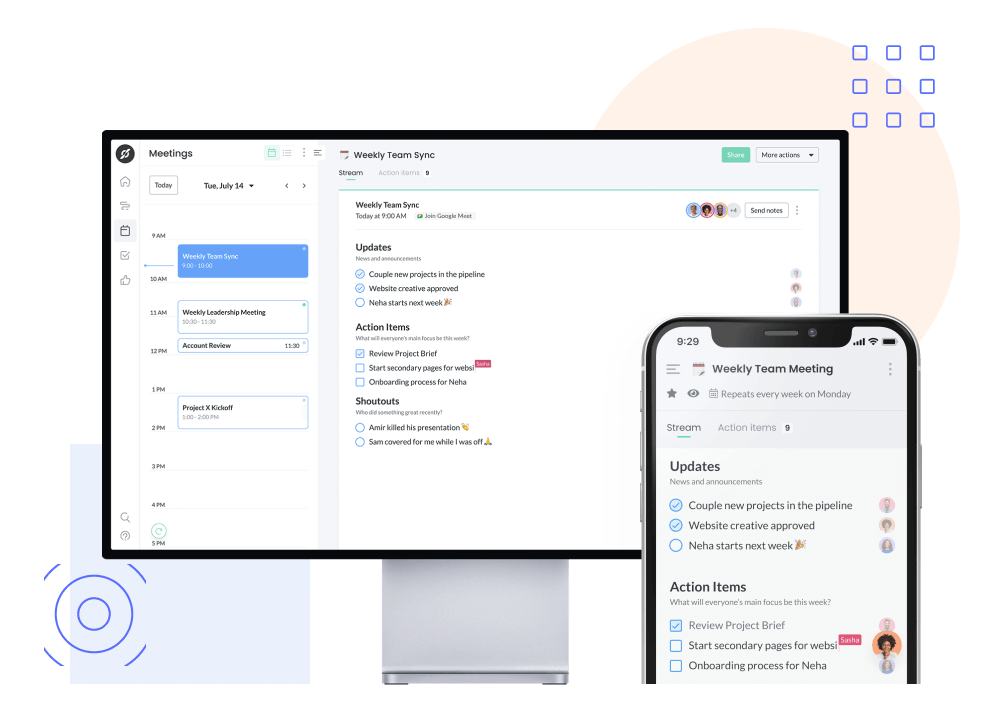
6Creative thinking
Sometimes, the best solution to a cybersecurity problem lies way outside the box. The best cybersecurity engineers are well-versed in the sort of creative thinking that can lead to these solutions.
7Teamwork
Cybersecurity engineers need to be great at teamwork so they can break down the silos that are huge pain points for so many engineering teams. The more people they work with on cybersecurity solutions, the more the whole team can be a part of the organization’s security .
Cybersecurity job opportunities
Common cybersecurity job opportunities include the below.
1Network security engineer
These technical team members handle all the cybersecurity needs of an organization’s computer networks. They come up with plans for securing the network while keeping its performance high. Any security issues with the organization’s voice, video, wireless, and data services also fall to them.
2Information assurance engineer
Cybersecurity engineers who work in these jobs focus almost entirely on data. They keep an organization’s data secure, high-quality, and accessible. They also look for potential data breaches, manage the organization’s IT systems, and set security standards.
3Information systems security engineer
These cybersecurity team members focus on computer networks. Through antivirus software and regular security testing, they protect an organization’s computer network. They also teach the rest of the organization how to address any future security problems.
Should you become a cybersecurity engineer?
There are plenty of jobs in cybersecurity engineering, and experts say that’ll be true for a good long while. For example, the Bureau of Labor Statistics (BLS) predicts that the number of information security analyst jobs will increase 35 percent between 2021 and 2031. This means that there will be roughly 19,500 new jobs in this field per year.
The cybersecurity magazine Cybersecurity Ventures has also predicted 3.5 million cybersecurity job openings from 2021 through 2025. These jobs typically come with great salaries – according to Glassdoor, most cybersecurity engineers earn six figures. All these numbers point to one thing: If you want to be a cybersecurity engineer, go for it. And when you do, using the right team communication tools can make all the difference.
Streamline cybersecurity communication with Fellow
It’s a great time to become a cybersecurity engineer or bring one onto your team. These team members should be great at both technical matters and working with other people.
With Fellow’s tools for planning, running, and following through on meetings, you can make the most of your cybersecurity engineering team meetings. You can create meeting agendas, take meeting notes to share with the whole team, and follow up through meeting action items. It’s a great way to check off every box in the cybersecurity engineering equation.









